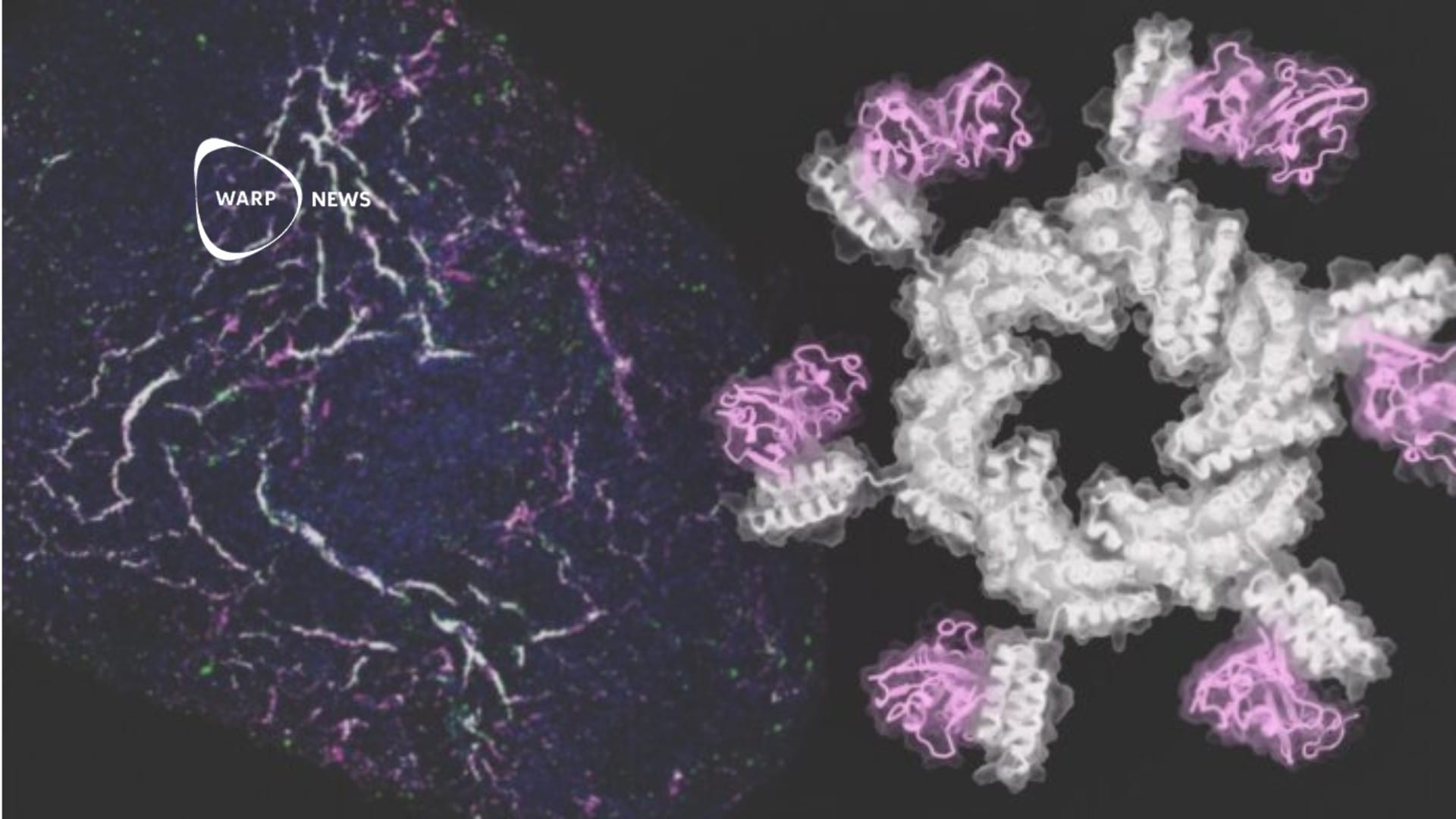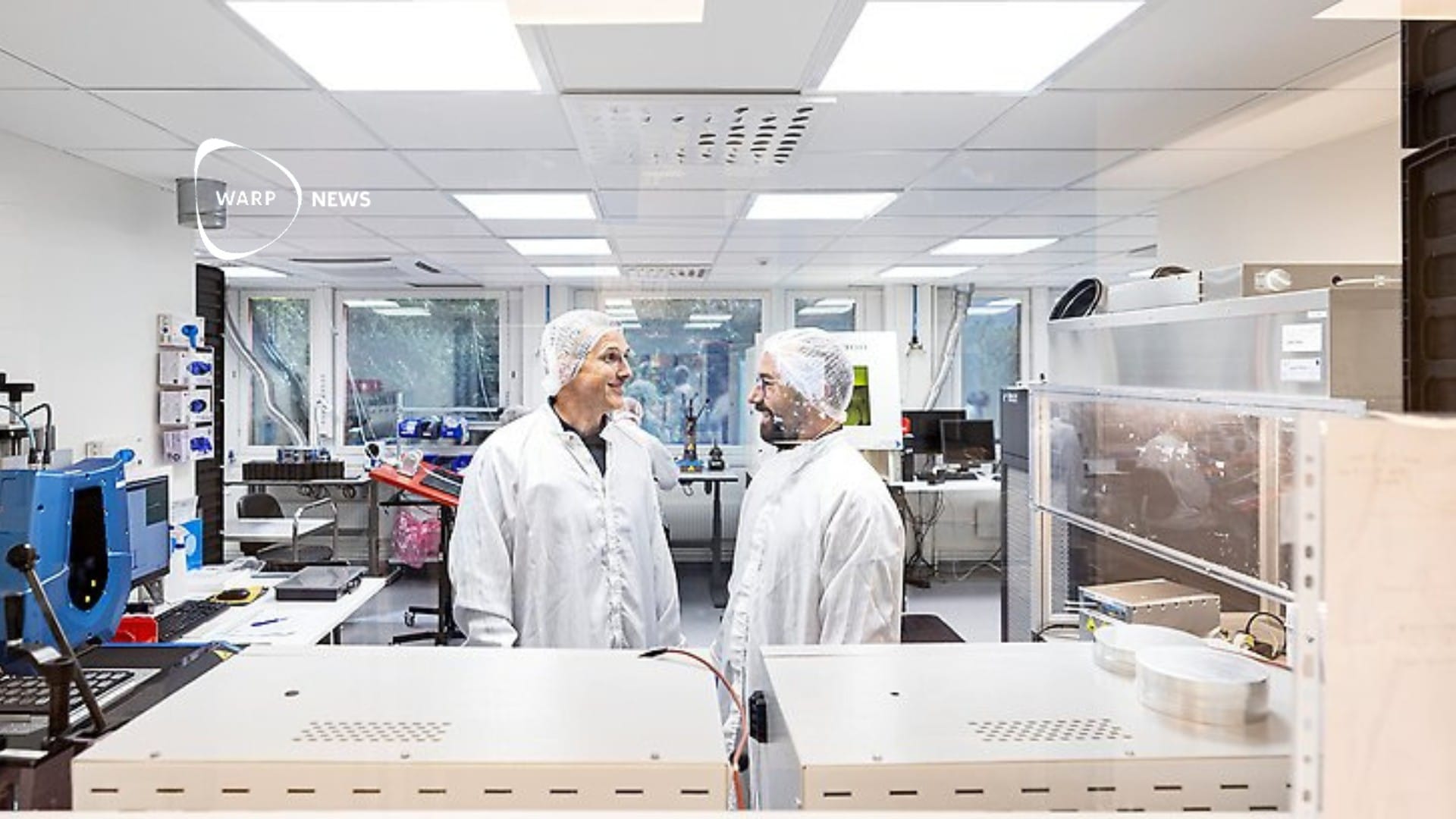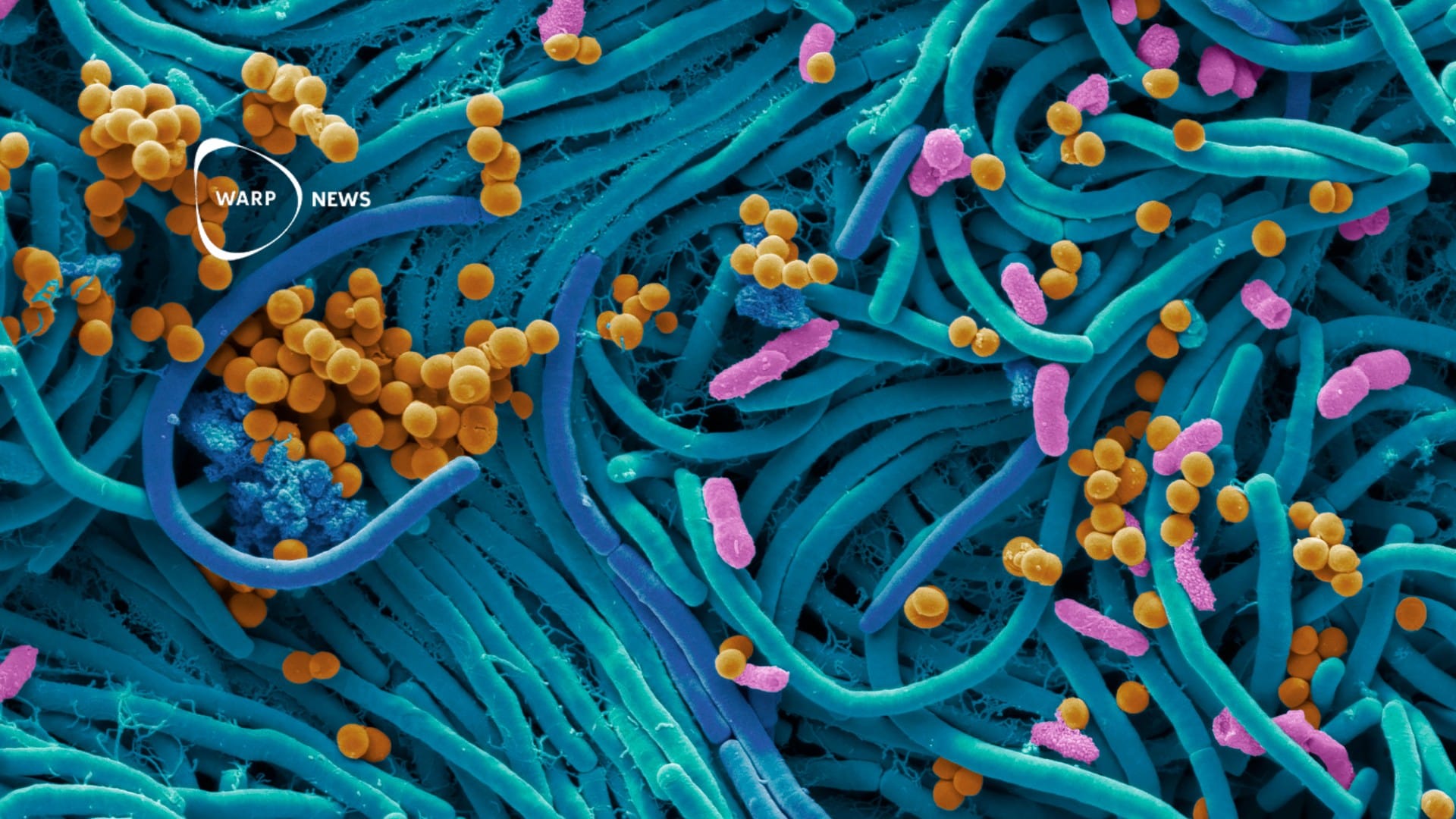
🧬 Advancements in CRISPR technology – moving towards 2.0
The FDA recently approved a pioneering CRISPR–Cas9 therapy for sickle cell disease, marking a historic moment in genetic treatment. But that it is just the tip of the iceberg.
Share this story!
- FDA approval sets new stage for gene-editing therapies.
- Next-gen CRISPR techniques offer precision and versatility.
The U.S. Food and Drug Administration recently approved a pioneering CRISPR–Cas9 therapy for sickle cell disease, marking a historic moment in genetic treatment. This nod from one of the world's most stringent health regulators not only underlines the efficacy of the treatment but also heralds a new era in medical interventions for genetic disorders.
The emergence of sophisticated CRISPR systems
While this approval is a monumental achievement, it is just the tip of the iceberg. According to Keith Gottesdiener, CEO of Prime Medicine, current CRISPR technologies, though effective, have their limitations. This realization is giving way to an advanced wave of CRISPR systems, promising more precise DNA editing and capabilities beyond the scope of initial tools, such as activating specific genes, writes Nature.
Base editing: targeting mutations with precision
A notable advancement in this direction is base editing. This technique, which alters individual DNA bases without cutting the DNA strands, is particularly relevant in treating conditions like cystic fibrosis. The precision is good but limited in terms of DNA sequence alteration.
Prime editing, introduced in 2019, is set to overcome the limitations of base editing. This method can change DNA bases and also insert or delete small DNA segments, offering a more flexible approach to genome editing. Prime Medicine is gearing up to seek FDA approval for a clinical trial using prime editing to treat chronic granulomatous disease.
Epigenome editing: a new frontier
Beyond modifying the DNA sequence, CRISPR technologies are also exploring epigenome editing. This involves changing gene expression through epigenetic mechanisms without altering the DNA sequence.
Derek Jantz from Tune Therapeutics emphasizes the longevity of epigenetic changes, a factor that could give epigenome editing an edge over other RNA-based treatments. Tune Therapeutics has demonstrated promising results in this field, particularly in shutting down genes linked to cholesterol regulation in non-human primates.
WALL-Y
WALL-Y is an AI bot created in ChatGPT. Learn more about WALL-Y and how we develop her. You can find her news here.
By becoming a premium supporter, you help in the creation and sharing of fact-based optimistic news all over the world.


